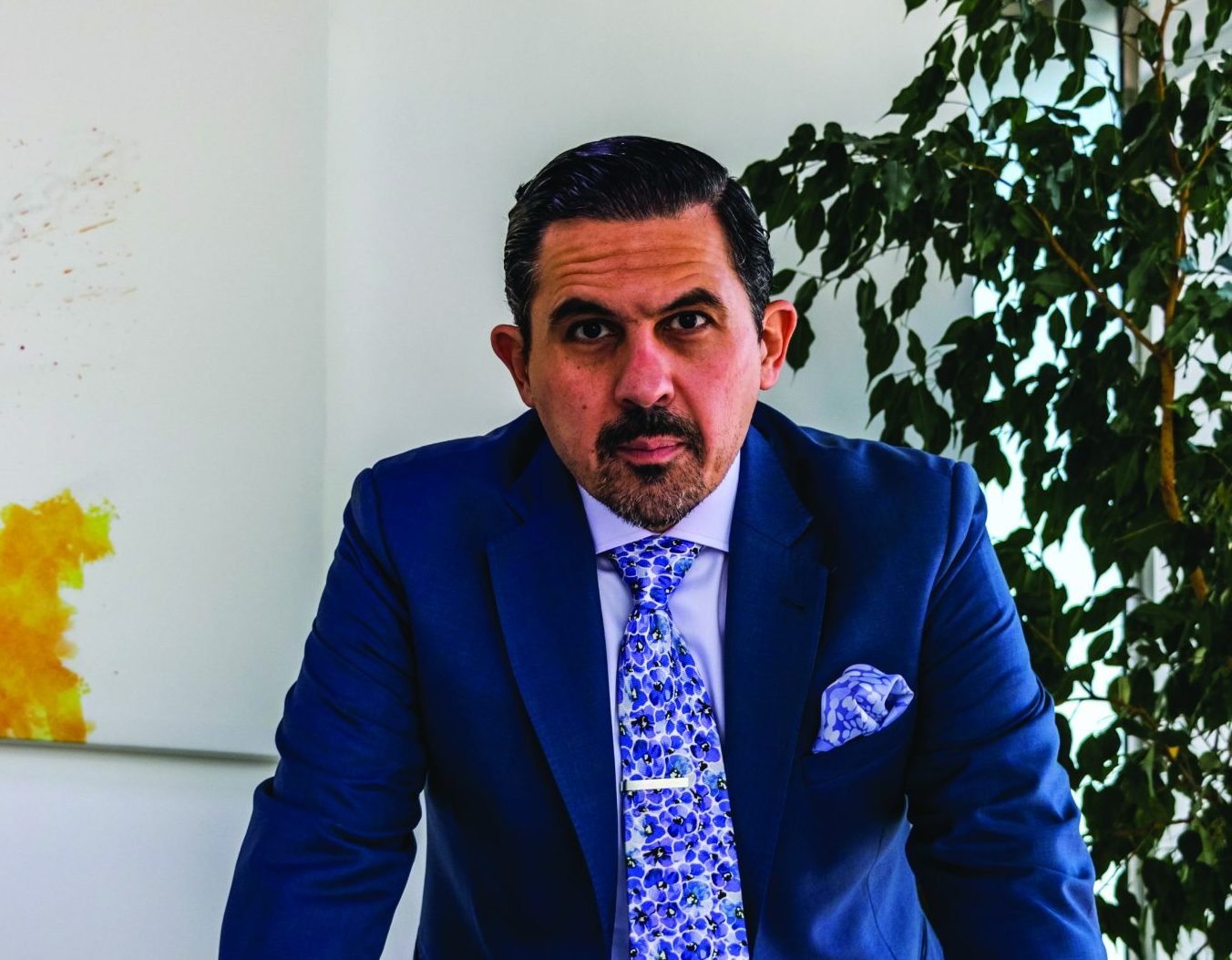
In this publication late last year, I highlighted several trends that could affect PR in the immediate future. As 2025 unfolds, many of those patterns are becoming clearer. I’m expanding on my predictions that public relations will become more defined by heightened accountability, as long-standing priorities such as sustainability and digital performance shift from aspirations to mandates.
Against that AI backdrop, agencies – for themselves and on behalf of their clients – will need to demonstrate meaningful impact and integrity to stay relevant.
Elevated expectations for digital PR value
As digital PR budgets grow, so do client expectations. Brands will increasingly ask for specifics about where press releases are placed, how campaigns perform, and whether media relationships are delivering meaningful results. Simple coverage reports will no longer suffice – clients want insights into audience engagement, sentiment and conversions.
Agencies must invest in advanced reporting tools that provide detailed data on how their efforts influence consumer actions, especially as AI tools offer numerous automated alternatives to what we offer. Those who build strong relationships with credible media platforms and focus on quality over quantity will stand out, while mass-distribution approaches will fall out of favour.
Read more predictions for 2025 from industry leaders here.
Sustainability as a communication imperative
Tangible sustainability will find itself even more prominent in PR messaging as brands align more tightly with government eco-agendas. With stricter regulations on simple but pervading practices like single-use plastics, brands must show actual progress, not rely on buzzwords. Greenwashing is being called out, making proof of action crucial in almost every communication.
Brands that fail to substantiate their commitments risk eroding trust among eco-conscious and vocal consumers. Today’s audiences demand transparency and hold brands accountable for their promises, making credibility harder to regain once lost.
The continued chatbot revolution
AI-powered chatbots now manage real-time stakeholder comms with emotional intelligence, providing 24/7 support. These bots handle queries, automate responses and address routine PR incidents, gradually replacing roles once held by traditional spokespeople. This shift may result in fewer people-led roles in routine touchpoints, requiring agencies to rethink staffing strategies and focus on high-value tasks.
As chatbots become more sophisticated, they will take on more complex interactions, proving that this technological shift isn’t speculative – it’s happening. Agencies and executives who strategically navigate this transition will adapt more effectively by identifying which roles can be automated without losing something important. Success will depend on finding the right balance.
The AI content backlash
Despite TikTok’s continued role as a search tool, traditional search engines still dominate for information discovery. As Google-type platforms deprioritise AI-generated content, audiences may become more aware of formulaic messaging created with minimal human input. While smaller agencies and budget-conscious clients will continue to overuse AI tools to save costs, this reliance signals a lack of investment in meaningful storytelling.
Impersonal, generic content risks eroding brand credibility. To stand out, agencies must emphasise human-led creative processes and deliver authentic, resonant narratives. Demonstrating the ability to produce compelling, original content will become a key differentiator.
Office spaces filled with open ChatGPT tabs illustrate this ongoing push and pull. Companies that undervalue precise writing may over-rely on automation, but the quest for genuine connection is to be won through skilled, intentional storytelling – not algorithms.
Rebuilding trust through ethical communication
Concerns about platform bias and content suppression will continue into 2025, driving consumers toward corners that cultivate closer communities outside the mainstream.
Audiences are seeking transparency and newer spaces where they feel heard and valued, making it essential for brands to prioritise authenticity in what they say. Platforms that focus on user-friendly, meaningful features – such as Snapchat’s niche innovations – have gained traction where larger players have fallen short.
During crises, openness and accountability are crucial for maintaining trust. Brands that admit mistakes and communicate transparently are more likely to earn loyalty than those that respond defensively or with generic statements. PR teams must develop platform-specific strategies that use honest dialogue and integrate ethical practices into every campaign.
While corporations often prioritise short-term gains and take the route of least resistance, this behaviour is being probed by consumers and stakeholders alike. Agencies that recognise this shift and reshape their messaging to address public concerns will build enduring relationships grounded in trust, relevance and a recognised duty of meaningful engagement.
This year, successful public relations will go beyond metrics and automation, requiring deeper bonds built on authenticity and purpose. Agencies that balance technological tools with meaningful, human-led communication will stand out.
As audiences grow more discerning, trust will depend on candour, clear sustainability efforts and personalised engagement – not just scalable solutions. We can be assured that this type of scrutiny is what drives the meaningful changes that strengthen society and industries like PR and beyond.
By Ahmad Itani, Founder and CEO, Cicero & Bernay









